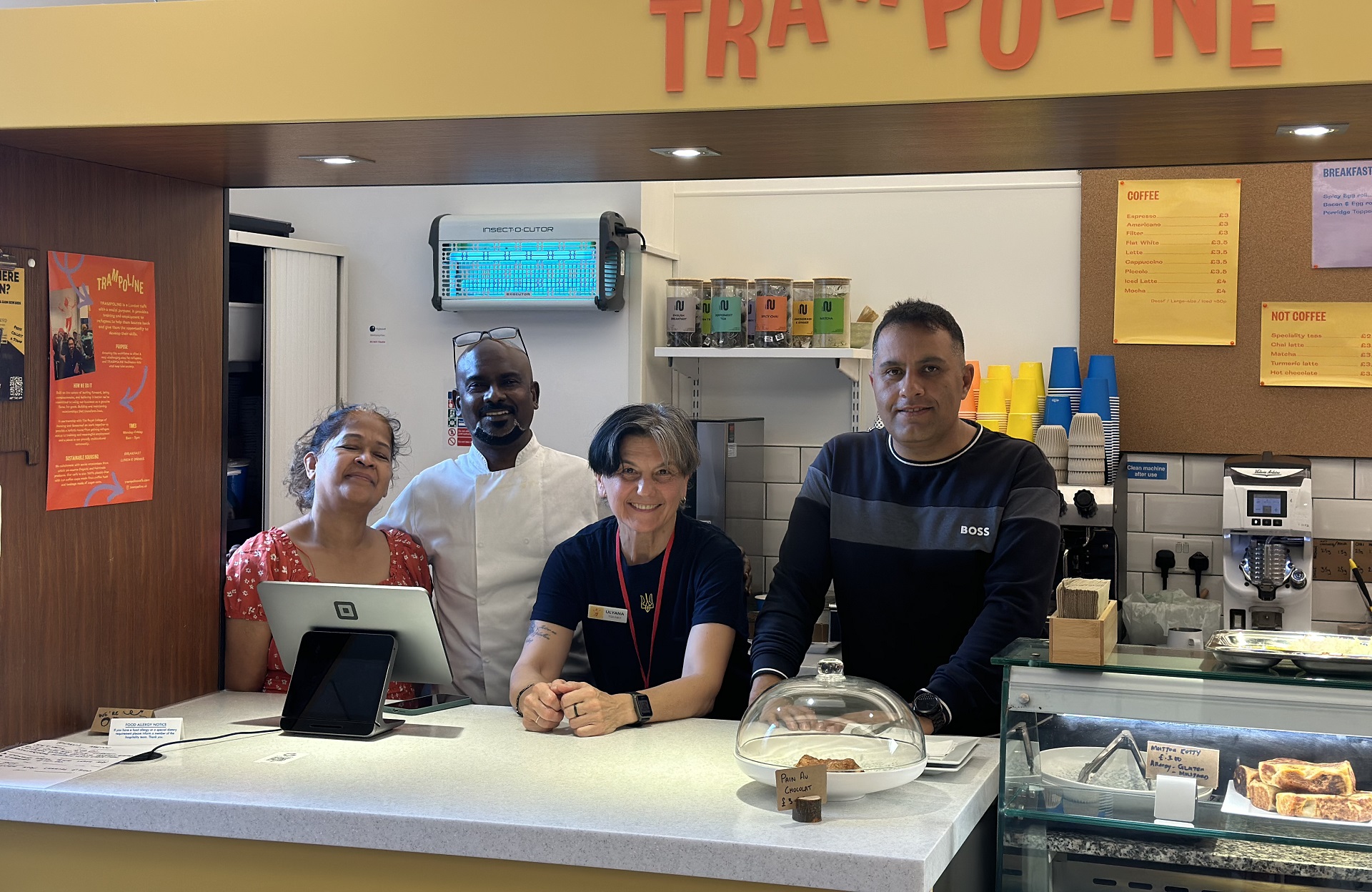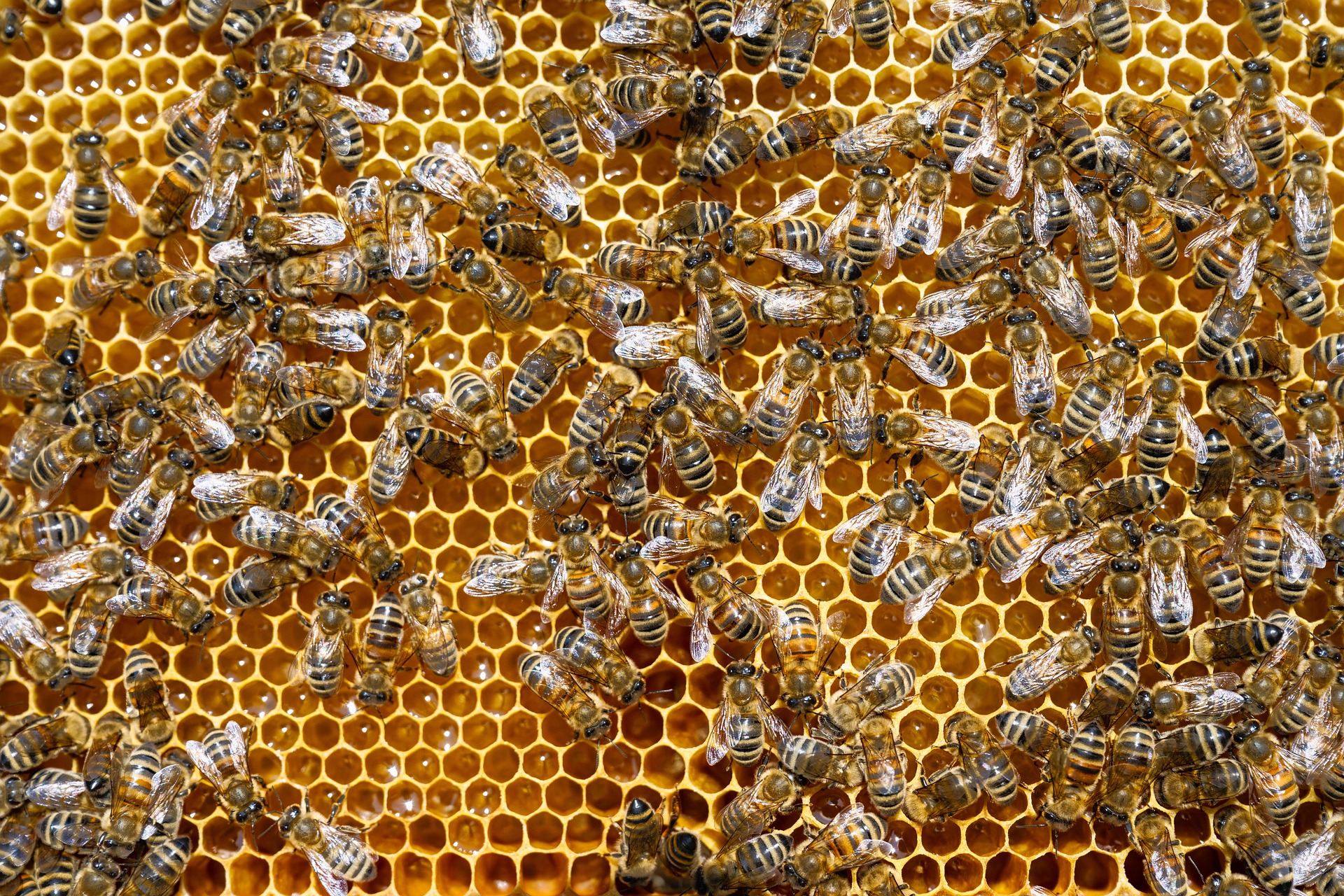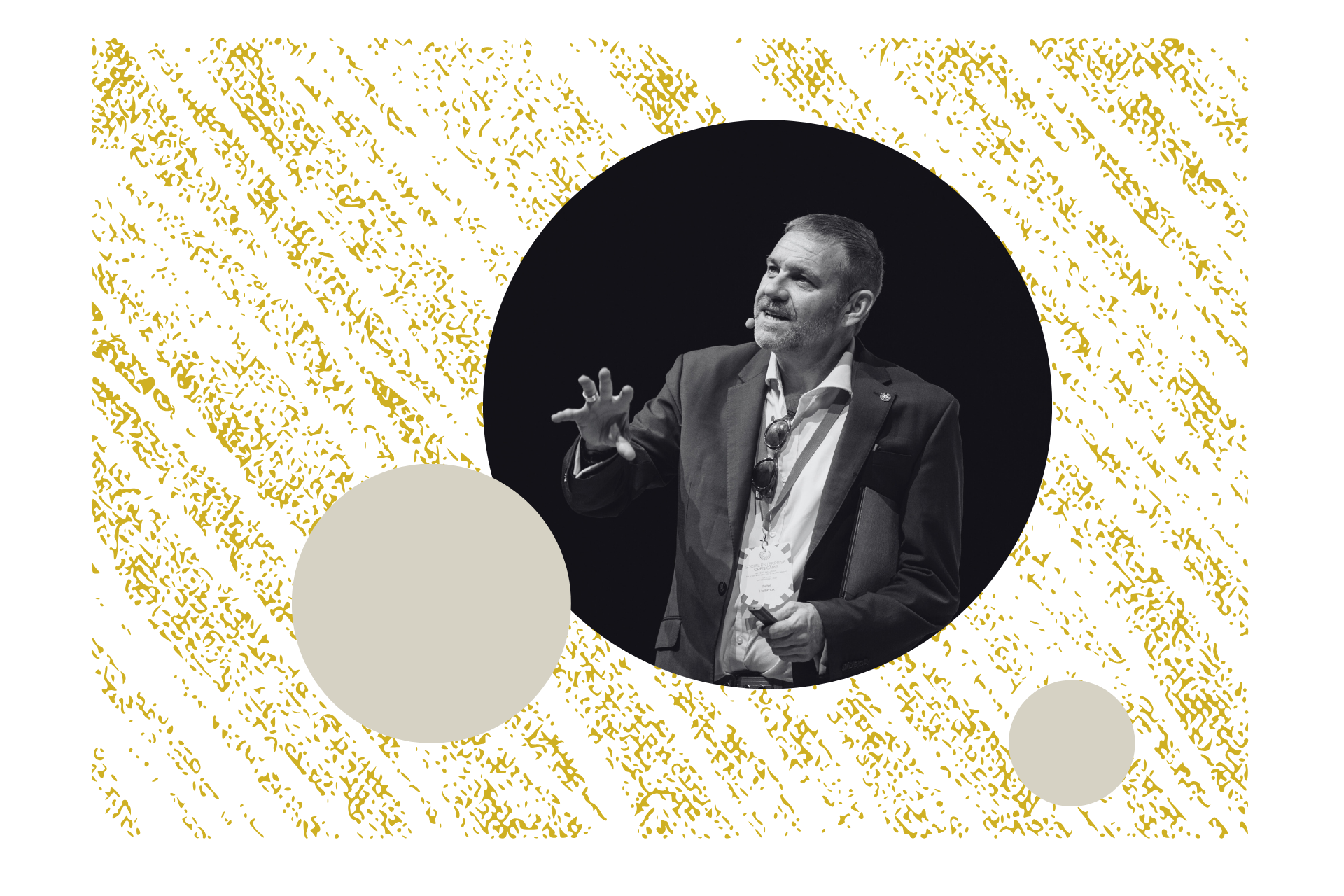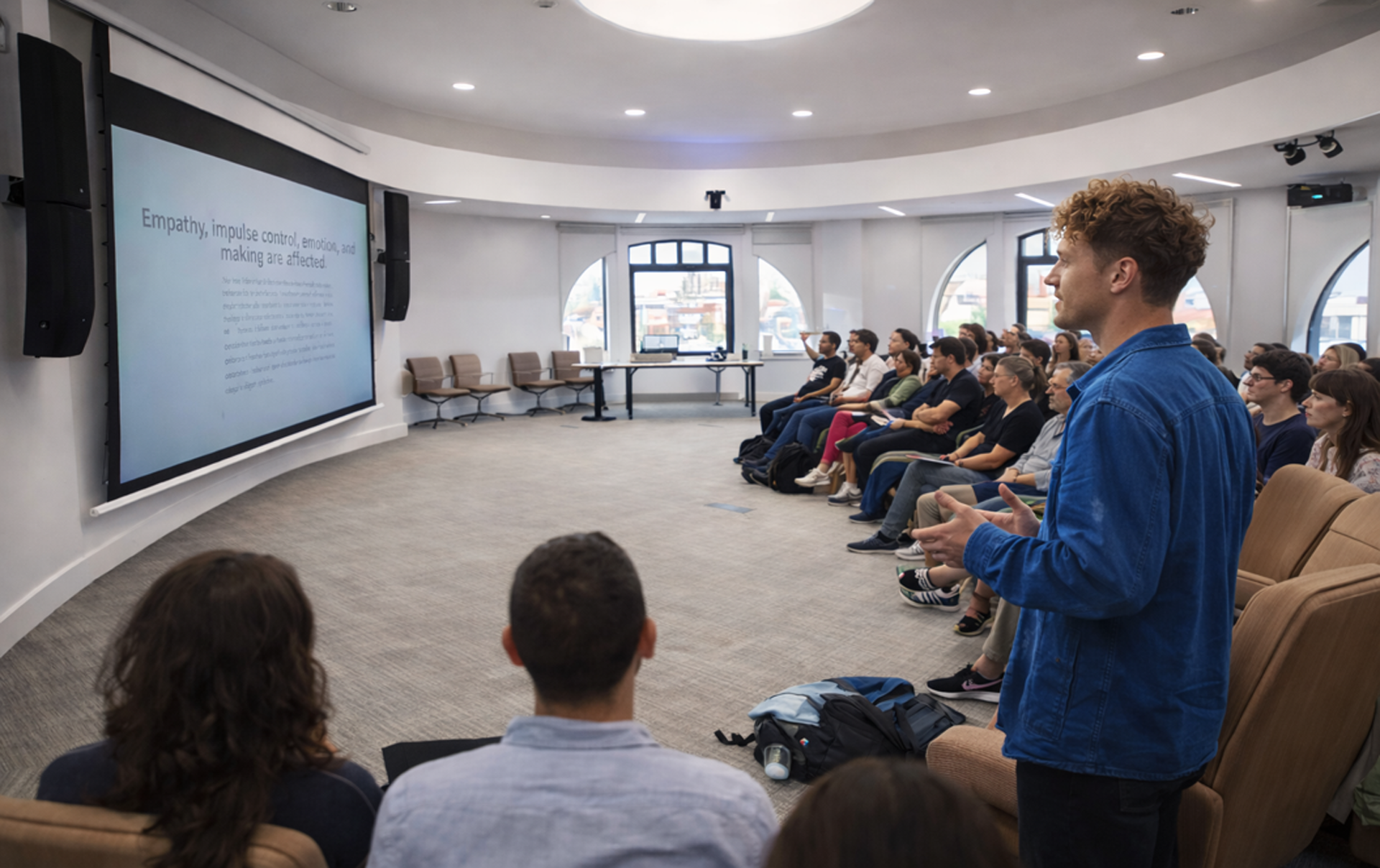Case studies
NEMI – the refugees brewing up business growth

One tea company has been ‘breaking down barriers to opportunity’ long before the phrase became part of an election-winning Labour manifesto.
The subject of refugees is part of the political hot potato that is immigration, the associated image for which is the flow of small boats that continue to make headlines. Of those coming across the English Channel in this way, 99% claim asylum once they arrive, according to Oxford University’s Migration Observatory. Small boat arrivals present a vivid image of desperate people taking risks to move from their home country to try and improve their lives, but refugees make up less than 1% of the UK population, according to UN figures.
Of those applying for asylum, 90% are accepted into the UK as someone forced to leave their country in order to escape war, violence and/or persecution for who they are or what they believe. The number of people claiming asylum in the UK rose by 17% last year.
Refugees accepted by the UK need jobs to support themselves, and one growing business is showing how this might be done. NEMI teas is a London-based company providing employment to refugees, giving them local work experience and job readiness skills to enter the UK workforce and integrate into broader society. It supplies tea to large corporate offices, hotels, restaurants and cafes across the UK and Europe.
NEMI teas founder Pranav Chopra started the business in 2017 after speaking to refugees at a charity dinner and learning that a lack of UK work experience or references was holding them back from finding employment. In response he started employing refugees selling chai on market stalls, a venture which eventually evolved to become NEMI teas.
Spotting a gap in the market presented by the shortage of hospitality workers following the pandemic, Pranav opened Trampoline Cafe in 2022 as an offshoot of NEMI, which hires refugees in London, providing them with opportunities to gain hospitality training and work experience, improve their English and better integrate into UK society. There are now two cafes, with the second open at the Royal College of Nursing. To date, Trampoline has successfully employed 28 refugees at the cafe with most trainees moving on to hospitality related jobs.
Ashkan has worked at Trampoline since 2022 after leaving Iran and it has enabled him to build a life here. A former accountant with a passion for coffee and Iran’s cafe culture, he had previously considered changing careers to work in hospitality.
“In a cafe you meet a lot of people and a lot of friends. My English was bad and now it is good. When I started to work in Trampoline, because I have a salary my life changed. I had more freedom to travel, for the cost of living, and I was happy,” Ashkan said. His ambition is to open his own small business – a cafe – in the future.
By strengthening collaborations with contract caterers and successful supplying to corporates across the UK, NEMI has experienced significant recent growth. Company turnover rose from £144,000 in 2020 to £1.74 million in 2024, with clients including PwC, Nationwide and UBS.
“Not only do NEMI provide us with high-quality teas, but we admire the work of Pranav and his team in supporting refugees with work experience, job readiness skills and integration into UK society. One of the values that guides PwC is ‘make a difference’, and one way we can do that is through our procurement of goods and services,” said David Adair, Director of Community Engagement and The PwC Foundation UK.
Business success has enabled NEMI to double their team and significantly increase refugee employment opportunities at their Trampoline cafes. For a government with a mission to ‘break down barriers to opportunity’, NEMI and Trampoline offer a model for integrating new arrivals to the UK, enabling them to contribute to the government’s goal of economic growth.



